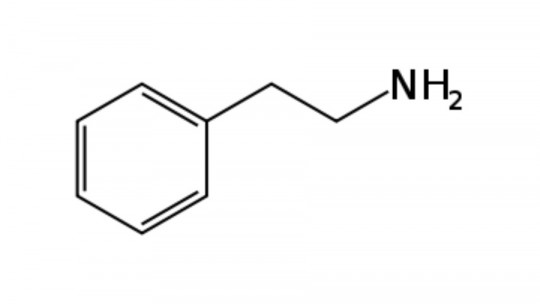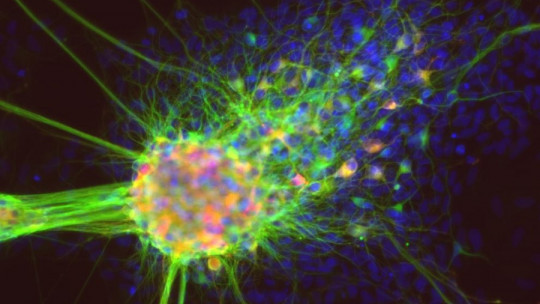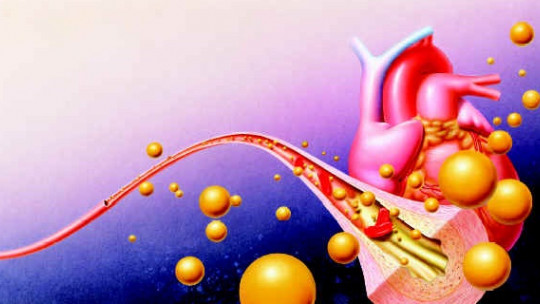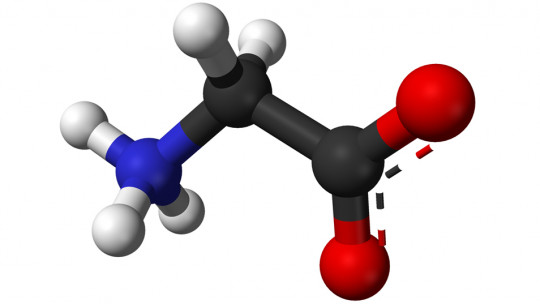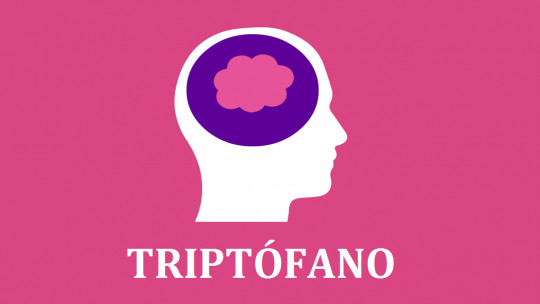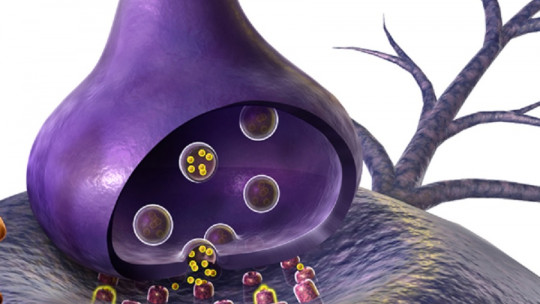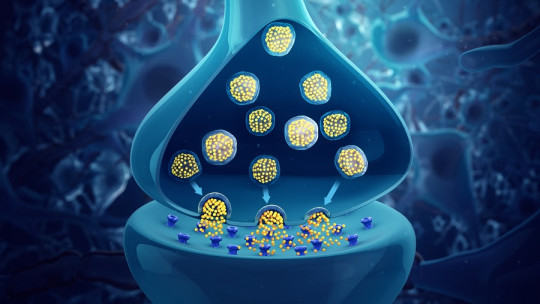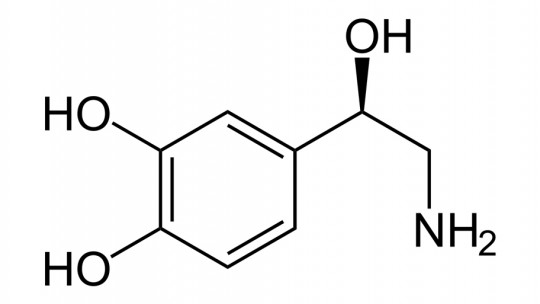When we go through specific stages of our life, our body synthesizes different types of chemical substances or “natural drugs.” The falling in love stage is one of them, where large amounts of phenylethylamine are produced.
Phenylethylamine is an organic compound belonging to the group of amphetamines. In this article we will learn about its characteristics, its effects and what factors can trigger its synthesis.
Phenylethylamine: characteristics of this neurotransmitter
Phenylethylamine is an essential amino acid that acts as a neurotransmitter It is an organic compound produced by the brain, belonging to the group of amphetamines. It is a natural drug that the body itself manufactures, and that stimulates the nervous system.
At a chemical level, its structure is also found in complex ring systems such as that of Ergoline (LSD) or Morfinane (morphine).
Falling in love could be due to or initiated by this molecule, phenylethylamine, which causes exaltation, joy and euphoria. Thus, it is considered the biochemical substance “responsible for love”, since when we fall in love or when we are overexcited, the body increases its production. So much so, that high amounts of phenylethylamine are found in the urine during the falling in love stage.
This We can relate it to loss of appetite, euphoria and the ability of a person in love to do without sleep as happens in this emotional stage.
love disappointment
When “our hearts are broken” or when said love is not reciprocated, after that euphoric phase of the first stage, a period of “depression”, sadness or lethargy appears. These symptoms They are very similar to those that appear in withdrawal syndrome of a person addicted to amphetamines.
At this stage, the individual stops producing phenylethylamine naturally. As we will see later, chocolate can be a good ally at this time, since it contains phenylethylamine.
Other associated chemicals
But continuing with the stage of falling in love (or when they reciprocate emotionally on a loving level), that is when the brain is flooded with this natural drug, phenylethylamine.
Besides, dopamine levels also increase , an excitatory neurotransmitter responsible for sensations of pleasure, as well as norepinephrine and oxytocin levels. In turn, dopamine influences the area of physical and mental energy (concentration and ability to recover memories).
For its part, oxytocin is responsible for contractions in the uterus to give birth and for producing milk to breastfeed the baby, in addition to being a chemical messenger of sexual desire.
In addition, phenylethylamine helps produce other neurotransmitters , and is responsible for people in love being able to invest a lot of energy in thinking about the person they love, or even in having sexual relations without feeling hungry or sleepy, even losing track of time. It is as if the body “loses” the ability to feel tired, or endures many more active hours.
Research
In the 1980s, phenylethylamine was studied for the first time in relation to how it influences the feeling of love. The first investigations were carried out at the New York Psychiatric Institute (USA), by doctors Donald F. Klein and Michael Lebowitz.
These researchers suggested that A lover’s brain contains large amounts of phenylethylamine Furthermore, they stated that this was responsible for the change in reactions in the person’s body on a physiological level, but also on a psychological level.
Klein and Lebowitz, in their theory, also state that the production of phenylethylamine in the brain can be triggered by an exchange of glances, a touch or a handshake When this happens, the brain of the person in love responds with sensations and physiological modifications responsible for the acts and sensations of romantic love.
These sensations or responses are wakefulness, “grogginess,” lack of appetite, and extreme happiness (or euphoria). These sensations are similar to those of the consumption of certain drugs such as cannabis, laughing mushrooms or amphetamines.
The act of falling in love
On the other hand, falling in love itself is not eternal, and is limited in time. At the organism level, this is understandable, since this I couldn’t last too long with this level of activation or excitement (or if I endured it, it would end up being harmful). That is, falling in love can last weeks, months or even in some cases, a few years.
Thus, the body little by little balances itself from this chemical whirlwind and a more stable stage appears, the stage of love.
What substances and situations increase its levels?
As we have seen, when there are high concentrations of phenylethylamine in the brain, B-endorphins, opioid peptides, are also released that fuel the secretion of neurotransmitters such as dopamine.
Phenylethylamine can be produced and activated by ingesting certain drugs, foods, or supplements It is also triggered by certain emotions or stages (such as falling in love), or by certain physical and/or pleasurable sensations that produce certain specific stimuli (for example, a look).
Sport also produces the release of endorphins, as does listening to music we like or being exposed to light.
Some of the foods that activate phenylethylamine are the chocolate (carrier of phenylethylamine; produces psychoactive effects) or some types of cheese such as the so-called Stilton (a lactose variety). It consists of an English cheese, which is only produced in three English counties (Derbyshire, Leicestershine and Nottinghamshire).
Also included are banana, egg, raw soy, lentils almonds and walnuts.

